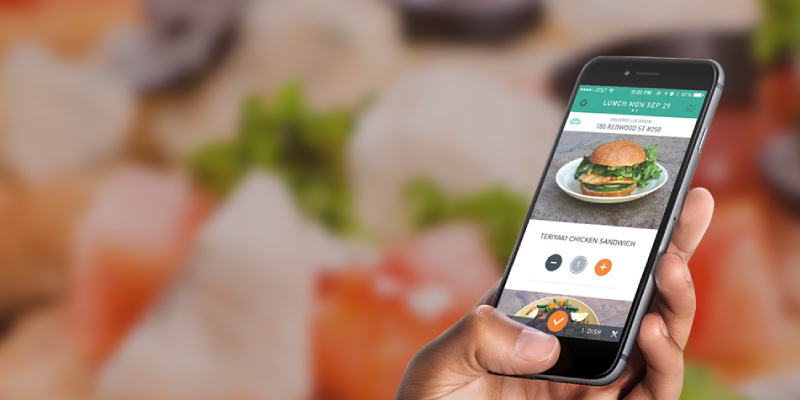
The Benefits Of A Mobile App In The Telecom Market
December 3, 2021
Benefits & Challenges of Integrating AI in App Development
June 2, 2023Benefits Of On-Demand Delivery Mobile App

Benefits Of On-Demand Delivery Of Mobile Apps
Hyperlocal delivery services are becoming increasingly popular among Kirana sellers, who deliver daily rations and household items to their customers. If you received an urgent order for 20 shampoos, would you wait for the delivery agent? Avon Solutions and Logistics, as veterans in the courier partner services industry, know that time is of the essence in any business transaction. Today’s businesses can make use of mobile applications for courier partners (https://www.avonsolutions.com/integrated-shipping-courier-partners/) to handle these urgent orders quickly and conveniently. Read this article we have put together to know more about the benefits of mobile applications in today’s retail world.
Features Of Hyperlocal On-Demand Delivery Mobile Apps
If you have an app for the most important aspects of your business, such as shipping and delivery, your business will never close. A mobile app can also process more incoming orders faster. With the app, the delivery executive can track the order from the moment it is picked up until its destination.
On-demand delivery ensures that results are obtained quickly, and it can fix the retail and eCommerce. Mobile apps for local on-demand delivery, especially the hyperlocal delivery service, are extremely convenient for retailers. Hyperlocal delivery apps can help you schedule pickups, assign shipping partner, and improve communication.
Hyperlocal deliveries require a precise delivery address, and geolocation tagging allows sellers to select the correct address. Saral is a hyperlocal delivery application that allows small businesses to complete deliveries in a matter of clicks. It is designed for small businesses and is particularly useful when operating a Kirana shop.
On-demand food delivery services are worth €83 billion, accounting for one per cent of the total food market and four per cent of food sold in diners and restaurants worldwide. In fact, on-demand grocery delivery apps have reduced the need to stand in long lines at grocery stores and allow users to book groceries from the comfort of their couches.
Wrapping up:
Several new delivery companies are establishing their own logistics networks to provide delivery services to restaurants. Their expansion in unconventional markets, including South Korea, Saudi Arabia, and Brazil, adds to the scope of these services. However, the delivery time and the booking process still cause concern, even after technology improved the efficiency and smoothness of the services.

